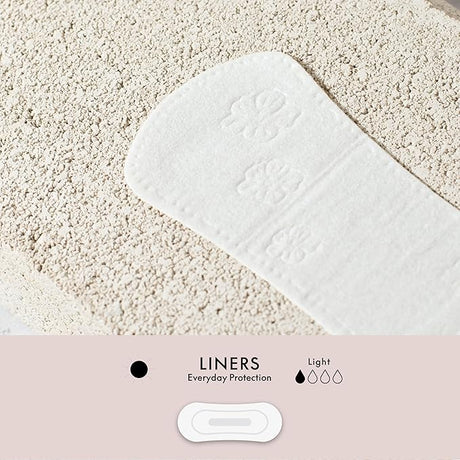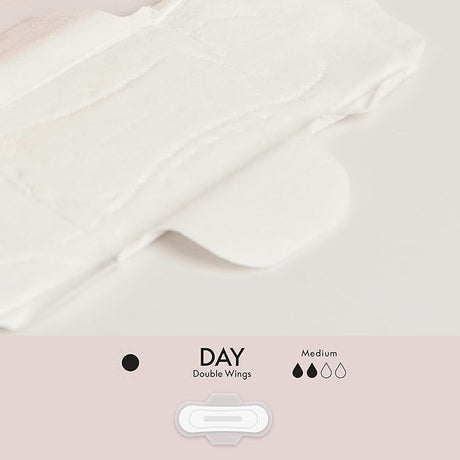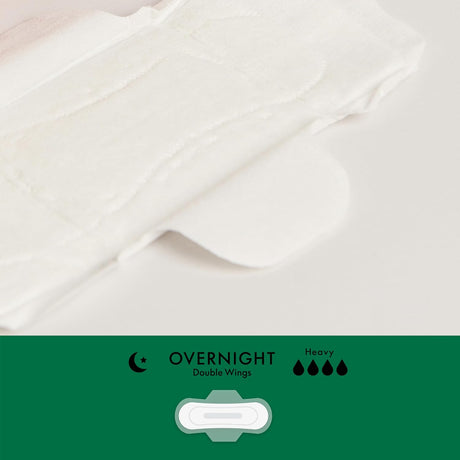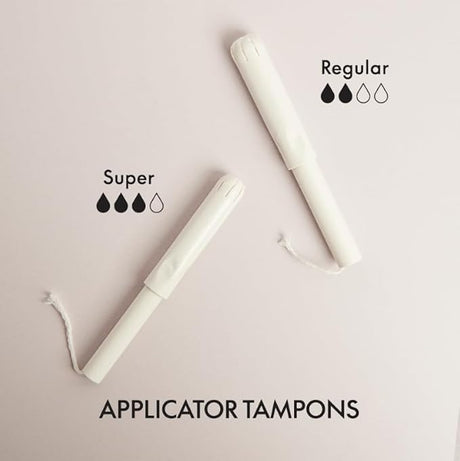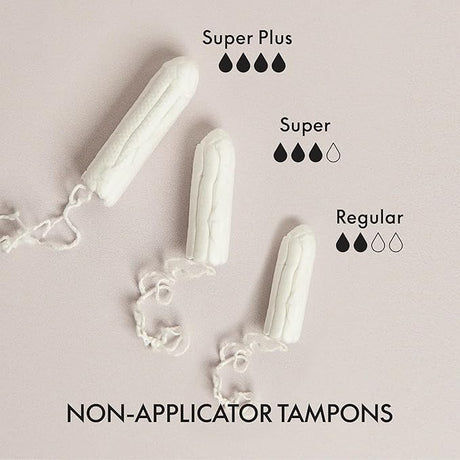What It Means to Be an Endometriosis-Friendly Employer
Can you imagine having the worst pains possible, even when you’re not on your period? Or heavily bleeding outside of your menstrual cycle? That’s what endometriosis can feel like for so many people. Dealing with these symptoms and keeping up with your career can be tricky. This is exactly why supporting employees suffering with this chronic condition is so essential.
What is Endometriosis?
Simply put, endometriosis is when lining similar to the uterus (endometrium) grows elsewhere in the body. Unlike the lining inside the uterus, this misplaced tissue has no way to naturally leave the body despite behaving like the womb lining does, breaking down and bleeding just like during a period. This causes inflammation and pain.
Being an endometriosis-friendly employer means that a workplace commits to practices to make sure that those with endometriosis are understood, supported and empowered. Of course, flexible working is part of this, but to fully support employees with the condition, actions should go far further than this.
Why Workplace Support for Endometriosis Matters
Over 1.5 million people live with endometriosis in the UK and over 200 million suffer globally. The condition causes painful periods, pain outside of periods, fatigue, digestion issues and sometimes infertility. Despite these shocking stats, endometriosis is often misunderstood and misdiagnosed with many waiting up to 9 years for a formal diagnosis. Unacceptable, right?
Without proper support, those living with endometriosis may face:
-
High absenteeism due to flare-ups or appointments.
-
Reduced productivity during symptom-heavy phases.
-
Low morale and wellbeing linked to chronic pain and stigma.
-
Workplace exclusion, particularly within unsupportive cultures.
When employers offer purposeful support, it reduces isolation, improves morale, and enhances staff retention. Creating a culture of period dignity and informed leadership makes it easier for individuals to manage their condition and thrive. This goes further than providing free and sustainable period products in the workplace. This is simply the bare minimum.
Supporting employees affected by endometriosis is not only ethical, it makes good business sense. Empowered employees are more engaged, loyal, and better equipped to contribute to the organisation.
How Endometriosis Affects People at Work
Endometriosis impacts each person differently, but the condition commonly interferes with work in several ways, including:
-
Unpredictable pain that can disrupt daily life, including seemingly simple things like sitting down for long periods of time or being able to walk comfortably from one location to another.
-
Exhaustion and fatigue that make long shifts or taxing and physical tasks difficult.
-
Difficulty concentrating, otherwise known as “brain fog,” especially during flare-ups or as a side-effect of certain medications.
-
Stress or anxiety from managing symptoms alongside professional commitments.
A lack of understanding or accommodation from an employer can make these struggles even worse. Building awareness across all levels of an organisation is essential to avoid this.
Supporting Staff With Endometriosis
A truly endometriosis-friendly workplace requires more than policy, it demands action, dialogue, and culture change. That is why we created the Period Dignity Scheme, where we support workplaces to provide free period products and education. It’s great to have access to a box of free tampons or pads, but educating and raising awareness is what is going to truly change work cultures. Employees shouldn't have to choose between their health and their careers.
Features of the Endometriosis-Friendly Employer Scheme
The Endometriosis-Friendly Employer Scheme, led by Endometriosis UK, includes several crucial factors:
-
Policy integration: Including endometriosis support within official HR policies and wellbeing strategies.
-
Manager training: Educating leaders on how to sensitively handle discussions around menstrual health and chronic conditions. There is a certain level of sensitivity required when it comes to conversations around endometriosis, here’s a guide to the do’s and don’ts of what to say to someone living with endo. It doesn’t need to be awkward, just respectful and open.
-
Flexible working practices: Offering hybrid, or adjusted schedules to support affected employees, as well as understanding that symptoms fluctuate daily.
-
Occupational health pathways: Ensuring access to healthcare services and occupational wellbeing resources.
-
Employee involvement: Encouraging open dialogue and inviting feedback to improve support systems.
By meeting these criteria, a proactive, compassionate response to employee health challenges is guaranteed.
Endometriosis Champions and Their Role in the Workplace
To maintain this support, many companies choose to appoint ‘Endometriosis Champions’ as noted in Endometriosis UK’s official Endometriosis Friendly Employer Guide. These champions serve as a ‘visible’ member of the team that other employees can go to for support and guidance. These champions do not need to be complete endo experts, just have a willingness to learn and empathise. Whilst they are not medical professionals, their role is to ‘support and sustain’ an inclusive workplace.
The first step is to be open and willing to listen to employees with endometriosis. The real change comes from adaptability and understanding, something all workplaces should strive to be. An educated and empathetic workplace makes for an inclusive one.
Want support getting started? Check out our Period Dignity Scheme.



